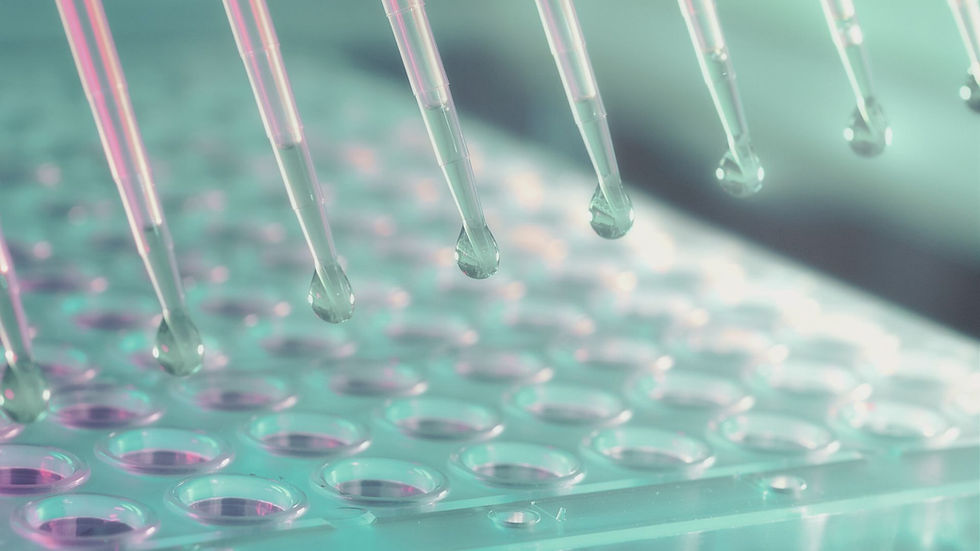The Gut-Brain Axis: Exploring the Impact of Gut Microbiota-Derived Phenolic Compounds on Neurocognition
- Canurta

- Aug 14, 2024
- 1 min read
Updated: Aug 27, 2024

Recent research has illuminated the intricate relationship between the gut microbiota and brain function, known as the gut-brain axis. This complex interaction highlights the role of gut microbes in influencing cognition and overall brain health.
Phenolic compounds, abundant in plant-based foods, are metabolized by gut microbiota into bioactive molecules with potential neurocognitive effects. These compounds are known for their anti-inflammatory properties and other health benefits.
Studies suggest that gut microbiota-derived phenolic metabolites may enhance memory, cognitive function, and neural plasticity by modulating neurotransmitter signaling and reducing inflammation in the brain. However, the specific mechanisms underlying these effects are still under investigation.
For phenolic compounds to exert their neuroprotective effects, they must traverse various stages—from gut metabolism to absorption and distribution—before crossing the blood-brain barrier, a critical and challenging step in their journey.
Understanding the gut-brain axis and the role of phenolic compounds has significant implications for developing new therapeutic strategies for neurological and psychiatric disorders. Targeting the gut microbiota to enhance the production of beneficial phenolic metabolites could potentially improve brain function and prevent cognitive decline.
This review synthesizes current knowledge on how gut microbiota-generated phenolic metabolites reach the brain and influence neurocognition, highlighting avenues for future research and therapeutic development.
Learn more about this paper and its findings here:


